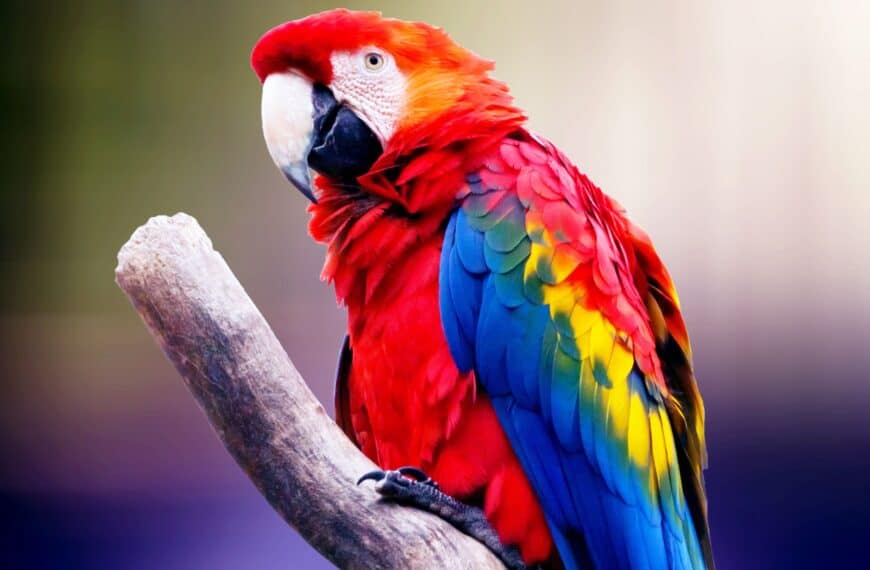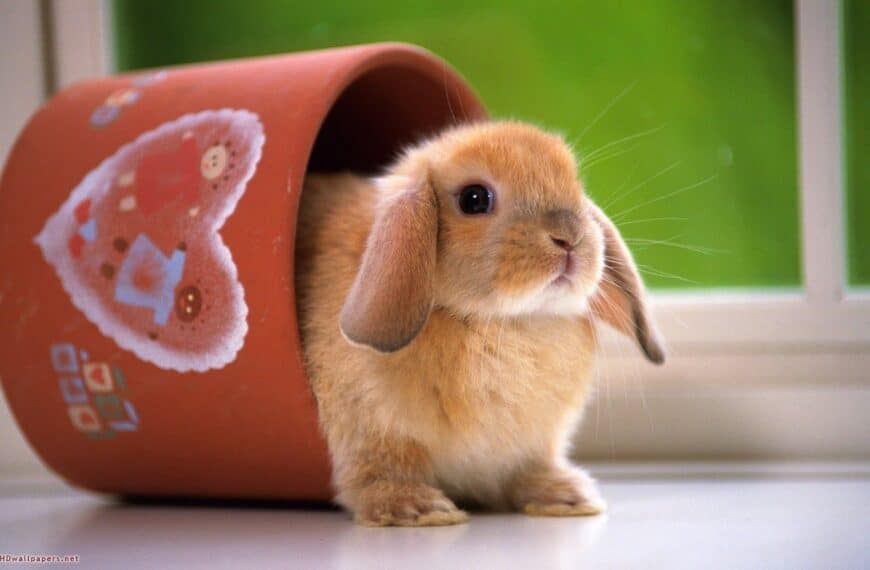
British/ English Bulldogs

All about British Bulldogs
Don’t be put off by the British bulldogs fearsome appearance! This lovely beast is admired for its peaceful, kind, and family-oriented demeanour. This article will teach you everything there is to know about this popular dog breed.
The English Bulldog’s History
The English Bulldog was developed in England for the sport of bullbaiting, as its name suggests. Bulldogs would fight and taunt tethered bulls in this mediaeval sport, eventually pinning the bull down to be executed.
Bullbaiting, however, was forbidden in 1865, seemingly putting an end to the small combat machines. Why keep them as pets when they were notoriously vicious and solely bred for a single purpose?
Over time, though, dedicated breeders were able to transform these small combatants into the fat cuddlers we know today. They’re now considered one of the most prestigious dog breeds, and they’re frequently seen on display at dog events all over the world.
What is the definition of a British Bulldog?
Bulldogs in the United Kingdom have a long history dating back to ancient times when they were developed from mastiffs for combat. Their powerful bodies, nasty expressions, and jutting fangs all harken back to a more vicious time. Unlike more modern combat dogs, British bulldogs are known for being docile and make excellent companions. Many would sooner take a snooze than engage in a battle with another dog. They are kind and sweet-tempered with their owners, but they are fierce protectors of their family.
Bulldog Topics & Listings
British bulldogs are normally placid, making them very easy to teach (though they can be obstinate if left to their own devices) and excellent with children. Their pleasant demeanour makes them a pleasure to be around. They enjoy relaxing, eating, and playing fetch.
What Are the Characteristics of British Bulldogs?
The skin on British bulldogs is typically delicate and loose, especially around the face and skull. They’re medium-sized dogs with a lot of muscle. The pushed-in snout, droopy top lip, and protruding fangs are all clear signs of this breed. They have a wide chest and short muscular legs and stand about 40 cm tall. Although some British bulldogs have a single colour coat, the majority have a multi-colored coat with short, silky, low-shedding hair.
What Characterizes the British Bulldog?
Because of their charming disposition and strong build, British bulldogs are quite popular all over the world. Many people choose this dog because it requires less exercise, making it excellent for apartment dwellers. Both youngsters and adults enjoy these dogs as friends. They shed less than many other breeds, and they seem to enjoy nothing more than snoozing with their owners for lengthy periods of time.
More Pet Topics
Health
Overheating is the most common health issue that most English Bulldog owners will encounter on a daily basis. Because of their size and the way they breathe, English Bulldogs have trouble staying cool.
This means you’re responsible for keeping an eye on them on hot days and keeping them inside throughout the summer. If you reside in an area that is very hot all year, you might want to consider adopting a different breed.
English Bulldogs are normally 40 to 50 pounds in weight and survive for eight to twelve years.
How Frequently Should I Groom My British Bulldog?
To maintain their British bulldog’s coat lustrous, owners should brush it with a soft brush a few times a week. Cleaning the dog’s wrinkles with a moist towel on a daily basis is critical, as is drying them thoroughly. The noses of these canines are prone to become dry and flaking. If this occurs, apply a dab of petroleum jelly to the nose to keep it wet and prevent it from drying out.
How Often Should My British Bulldog Be Walked?
Every day, British bulldogs should have at least 15 minutes of exercise. While your bully may appear hesitant, it’s crucial to get it to go for a walk or play fetch, as these voracious eaters have a tendency to become obese if left unchecked. Most bulldogs like playing games with their owners for at least a short while before deciding to lie down in the sun. And while we’re on the subject of the sun, these dogs don’t fare well in the heat, so make sure they receive their exercise before or after the warmest part of the day during the summer.
What is the best way to train my British Bulldog?
Short, enjoyable, and consistent training sessions are recommended. This is the most effective technique to keep your dog’s attention and ensure that you have a successful training session. Dog training classes with qualified trainers are available at Pet Cloud in six-week blocks of one-hour sessions. An experienced trainer will visit to your home and teach your puppy using RSPCA-recommended positive reinforcement techniques.
Is it okay for me to leave my British Bulldog home alone throughout the day?
Some British Bulldogs are prone to separation anxiety, but you may prevent this by practising leaving your pet for small amounts of time and gradually increasing the length of time you leave them. Because these dogs like lounging and sleeping, they are generally unconcerned about their owners’ need to leave the house and work.
Is it true that British Bulldogs bark?
These dogs bark in a low to medium volume. Unless they’re startled by a stranger or a knock at the door, they’re polite. Even though their growl can seem threatening, they are generally mild-mannered towards strangers.
Important points for New bulldog owners.
First and first, just like with any new puppy, socialisation is critical. If your new English Bulldog is a puppy, make sure he or she gets lots of human and animal interaction.
It’s also a good idea to get your puppy used to other people and animals messing with its food early on, since this will help them become less possessive and violent later on.
Finally, make sure you’re up to date on your Bulldog’s health requirements. This involves keeping an eye out for typical indicators of illness, visiting your veterinarian on a regular basis, and keeping them clean and healthy.





